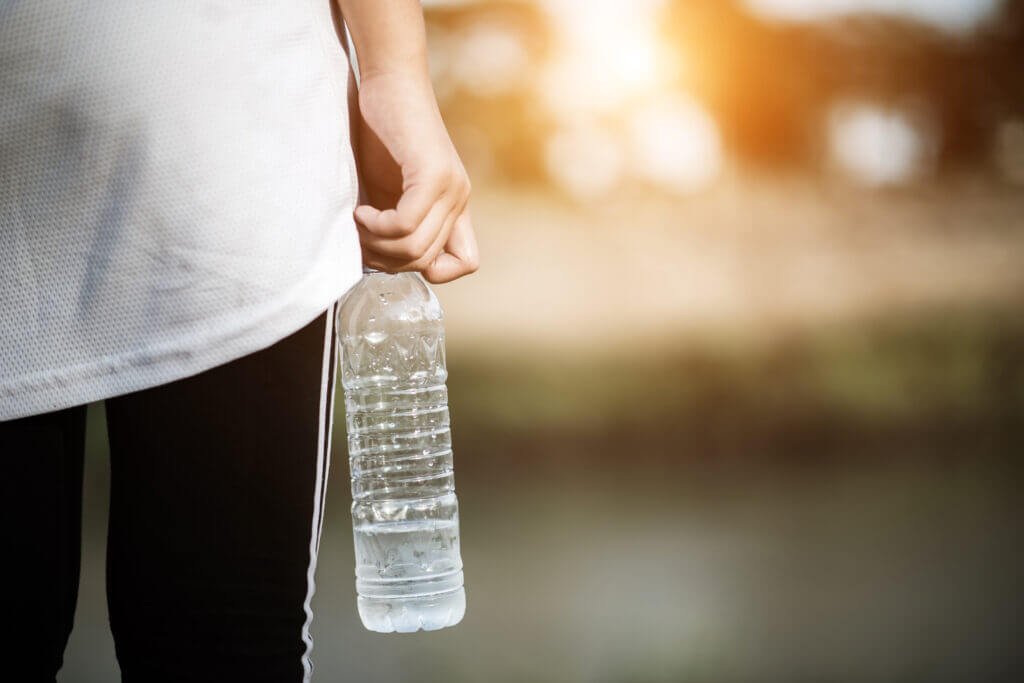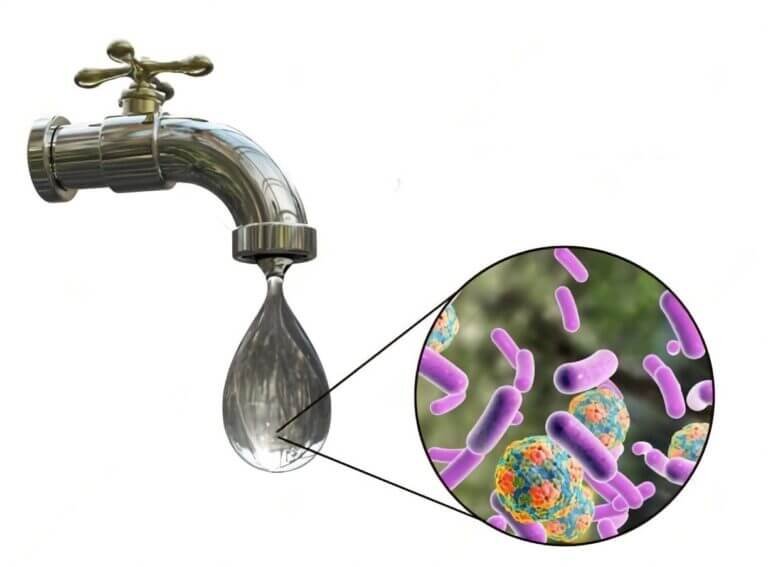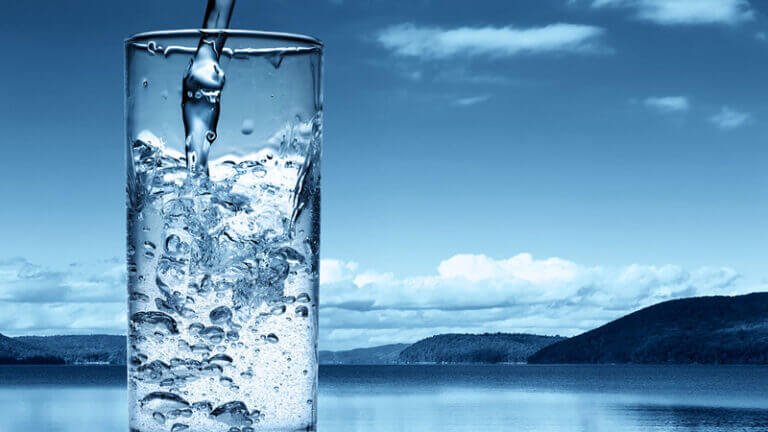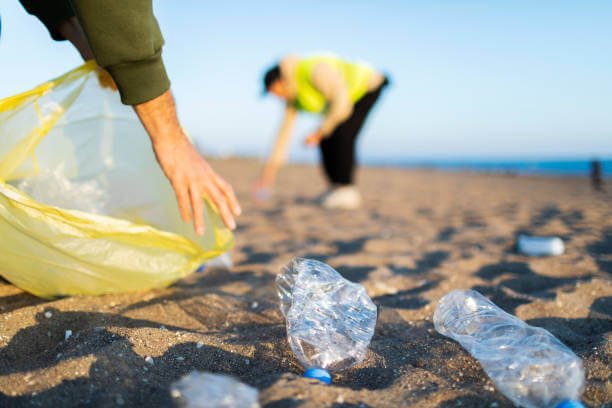How much should you drink every day?
Water is essential for all living beings. It is a blessing of nature and is the most crucial part of our lives. It provides essential nutrients to our body that help the body to perform its various important functions.
It is important to consume an adequate amount of water for the proper functioning of our body. Your age, gender, weight, and level of physical activity you perform in a day are the main factors that decide how much water you should aim to drink in a day.
Ideally, you should drink 2 to 3 liters of water every day. You can also consume water in different forms like eating watery fruits and vegetables like watermelon or cucumber. You can also drink lime water or juices to drink the desired amount of water without getting bored.
Generally, it is known to all of us that we must intake at least 8 glasses of water in a day. Keeping the water in a bottle rather than drinking water through a glass can be a better approach. When you have water in front of you in the water bottle, you tend to find it effortless to drink. The cap in the bottle saves it from impurities.
On the other hand, when you are trying to drink water through a glass, it is important to fill the glass every time to drink water. Therefore, deciding the number of water bottles you should finish in a day seems to be an easy approach.
Every individual has unique body types and needs. There are some points you must keep in mind when you are pondering about how you should decide the amount of water your body needs. Following are some tips that you can look at when you are looking for how many water bottles you should drink in a day.
Consider your body weight
It is recommended that you should drink half ounces of your total body weight in ounces. It is a common way to decide your water intake according to the weight of the body.
Consider your physical activity level
If you are an athlete or do high-intensity workouts or cardio, it is obvious that you sweat out a lot of water. Drinking more water is recommended if you are into physical activities. It will also save you from dehydration. If you usually just sweat a lot, then you must refill your body with water.
Consider your climate
Staying hydrated is important in places where the climate is humid and hot. The body consumes more water to maintain its temperature of the body. You also lose water in the form of sweat in hot climates. Not drinking enough water can also make you dehydrated and bring problems caused by dehydration.
Listen to your body
The body speaks to you in multiple ways when you are out of water. When you do not drink the amount of water your body needs, the color of your urine turns yellow, your skin starts getting dry and looks dull, your eyes start itching and it also causes headaches and migraines. Whenever you feel thirsty, start having more water and try to avoid laziness. Fill up water bottles and keep them around you for better accessibility.

Why drinking water is important?
We hear all the time that we should drink a lot of water and we know from childhood that water is life. But, when you think about why it is important to drink water, although you know it is important and beneficial, it gets confusing to list out the advantages. We have done the job for you and listed some benefits you get after drinking water. They are as follows-
- Water adjusts and controls body temperature.
- Water supports the functioning of our organs.
- Water boosts our energy level and brain performance.
- Water helps in aiding digestion and it also prevents constipation.
- Water detoxes the skin and flushes out toxins.
- It helps in making the skin healthier and adds glow to the skin.
- Water helps in losing weight by reducing appetite.
The Effects of Dehydration
Dehydration happens the body intakes less fluid than it requires. It can also happen when you are without water for a long time and all water in the body gets consumed. Here are some effects of dehydration that happen when you do not drink a sufficient amount of water-
Fatigue and weakness
As the body uses all the energies stored in the body due to the lack of water, a dehydrated person can likely feel tiredness and fatigue in the body.
Headaches and dizziness
Water is a source of providing oxygen to the body and it also helps in making the blood flow smoother. When the body is dehydrated, a lack of oxygen in the brain can cause headaches and dizziness.
Dry mouth and throat
The mouth and throat are the signals that make us know that we are thirsty and our body needs water. Due to dehydration, we might have dry mouths and throats.
Muscle cramps and joint pain
Water is the lubrication that helps to keep the joints and muscles flexible. Dehydration causes pain in joints and muscles.
Constipation and digestive issues
Water helps in digestion and excretion. With less water in the body, we might get constipated and have problems like piles.
Reduced cognitive function
As the lack of water leads to reduces oxygen in the brain, it can affect our cognitive performances like focus and memory loss.
Reduced athletic performance
We might get a heat stroke, nausea, vertigo, and even nose bleeding if we perform an athletic activity in the dehydration phase.
Increased risk of kidney stones
As the minerals and salts get collected in the kidneys and do not flush out without water, it can cause kidney stones in the body.
Tips For Staying Hydrated
Here are some suggestions for stay hydrated all day long:
- Carry a water bottle at home and whenever you go out.
- Set reminders to drink water.
- Drink a glass of water before meals.
- Consume foods high in water, such as celery, cucumbers, and watermelon.
- Drink water with electrolytes especially in summer and during dehydration.
- Avoid sugary drinks as it makes you feel less thirsty.
- Drink water when you feel thirsty.
By incorporating these tips into your daily routine, you can stay hydrated and prevent the negative effects of dehydration.
The dangers of overhydration
While it is important to stay hydrated, it is also important to keep in mind that you should not get over-hydrated. Drinking too much water or drinking water more than the amount your body need can be dangerous. It can lead to a condition called hyponatremia which is also known as water intoxication. To avoid the harmful effects, here are some of the dangers of overhydration:
- Dilution of electrolytes: after consuming too much water, water can dilute electrolytes like sodium, potassium, and magnesium in the blood. If too many electrolytes get mixed with blood it causes imbalances that lead to nausea, vomiting, and other harmful problems.
- Swelling of the brain: Hyponatremia can cause the brain to swell. It can lead to headaches, mental problems, seizures, and even brain damage.
- Respiratory problems: In severe cases of hyponatremia, the lungs may fill with fluid, making it difficult to breathe.
- Increased risk during endurance sports: Endurance athletes who drink large amounts of water without replacing electrolytes are at increased risk for hyponatremia.
- Misleading thirst signals: Drinking too much water can also interfere with the body’s natural thirst signals, leading to overhydration.
To prevent overhydration, it’s important to drink water in moderation and replenish electrolytes lost through sweating during physical activity. If you experience symptoms of hyponatremia, seek medical attention immediately.







